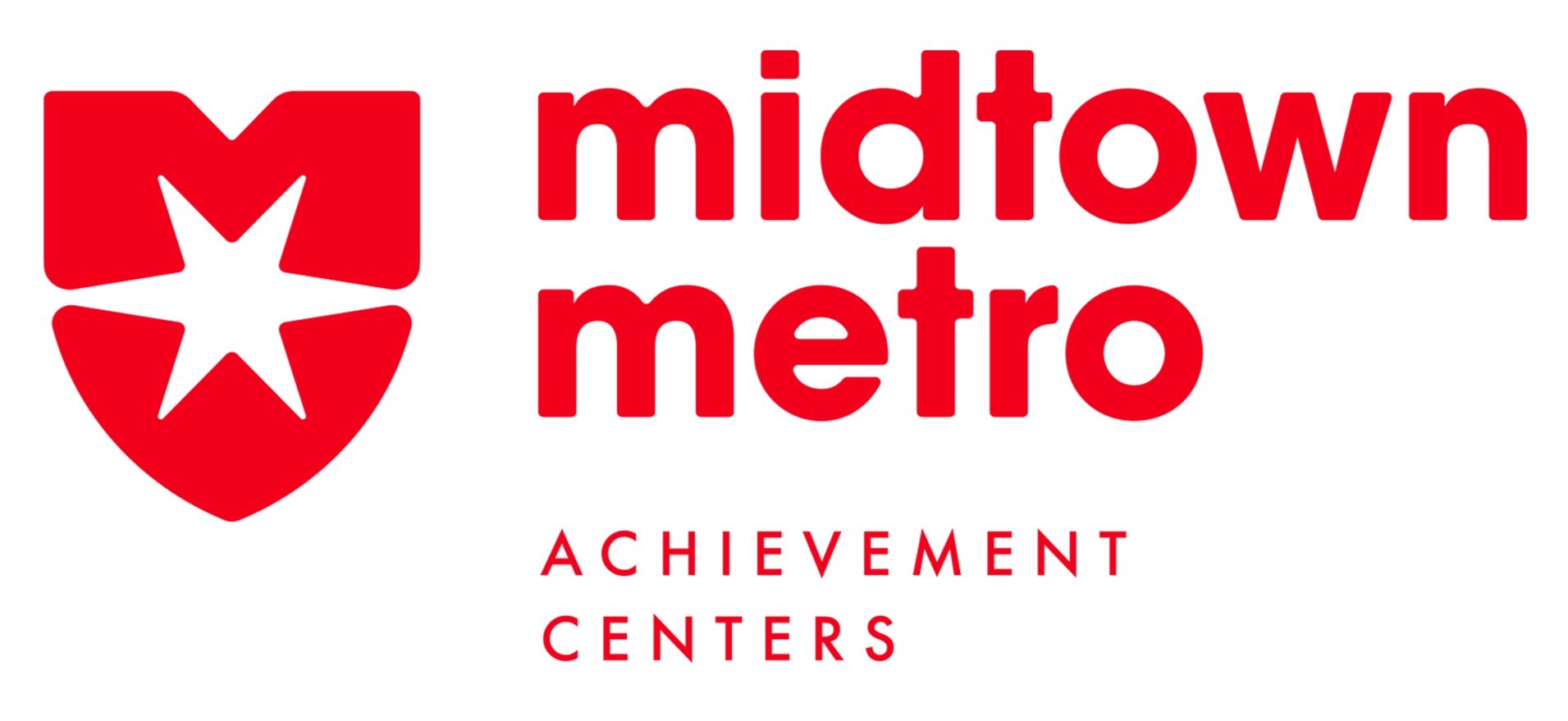Filling the Hole in the Middle of Our Lives
By Jim Dudas
Candace Vogler, PhD, works in that rarest of air as a philosophy professor at the University of Chicago, but lives in one of the city’s toughest neighborhoods where guns, gangs and “underground economic activity” prevail.
Vogler with Metro staff members Emily, Meghan and Tracy
And the contrasts give her a unique perspective of the human condition where, so often, “the stunningly fortunate” as well as those on the lower end of the socioeconomic scale live with an emptiness…“a hole where happiness should be.”
At a recent talk sponsored by the Midtown Educational Foundation, whose after-school and summer programs focus on virtue development—developing kids of exceptional character, particularly for those from families of limited resources, Vogler discussed how virtue turns lives from ordinary to extraordinary regardless of other circumstances.
Her convictions and her work are grounded in the teachings of Aristotle and St. Thomas Aquinas. As a devout Christian, Vogler is drawn particularly to Aquinas’ work on the theological teachings of the Church.
Auxiliary Board Members Kristin Kipp & Beth Zachara with Midtown Advancement Council Co-Chair Sam Bell and MEF Board Member Jim Palos
“Reason sets the terms for our lives,” Vogler said, “but we have to look up to God for the guidelines.”
She said there are “very good and very decent people doing all the things they are supposed to do” who suffer with uncertainty and direction that is less than clear.
Fixing that, Vogler said, “…is often about contemplating what virtue is, and leading complete lives that pursue the good and avoid the bad.” She noted the importance of confession as a means of scouring our souls.
“Virtue,” she said, “prepares us for the challenges of life. But it is a life-long quest because without it we often go after the right things in a disordered way.”
MAC Council member and breakfast sponsor Leo Dombrowski with his guests
Vogler leads a team of philosophers who are studying: "Virtue, Happiness and the Meaning of Life.
For more information, visit Virtue, Happiness and the Meaning of Life



